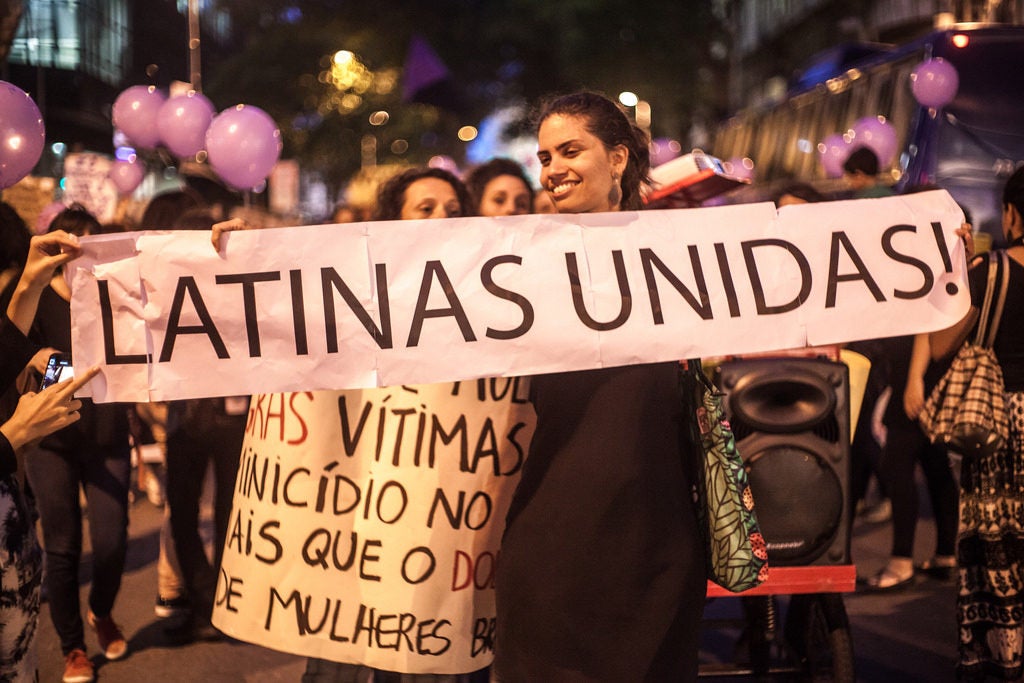The COVID-19 pandemic has exposed households’ financial fragility. Prior to the pandemic, six out of ten people in Latin America and the Caribbean reported they lack the resources to cover an emergency, and among the poorest quintile, the figure was only two out of ten. As in the 2008 financial crisis, COVID-19 has revealed the need to advance a policy agenda aimed at … [Read more...] about Financial Literacy in the Caribbean: The Case of Barbados
Gender Gaps in the Time of Covid-19
Over the last 30 years, women have made significant gains in Latin America and the Caribbean. Maternal deaths in childbirth have dropped by more than half, young women are slightly more educated than men, and the region recorded the highest rate of convergence between male and female labor force participation from 1990-2015 compared to other regions of the world. But glaring … [Read more...] about Gender Gaps in the Time of Covid-19
The Surprising Impact of Teaching Financial Literacy in Schools
In recent years, Latin America and the Caribbean has made important strides in improving access to financial services and products. But use of these services remains stubbornly low. Only around 54% of the region's people have an account at a financial institution or through a mobile money provider, according to the World Bank's Findex. Moreover, in some countries the figure is … [Read more...] about The Surprising Impact of Teaching Financial Literacy in Schools
Financial Literacy Programs Can Benefit Both Children and Adults
To become an adult without knowing how to manage money is to risk financial instability, debt, and a meager retirement. Moreover, most evidence suggests it is extremely difficult to change the financial behavior of adults. They may not have time for financial literacy programs and, besides, may be too set in their ways. On the other hand, working with children and teenagers … [Read more...] about Financial Literacy Programs Can Benefit Both Children and Adults
Can Domestic Violence Be Accurately Measured?
Education has long been promoted as a means for changing women’s position in society. Growing income, opportunity and exposure to more equal social norms, it is thought, should help protect women against abuse, not least by allowing them to choose better partners. However, recent evidence shows that the role of education as a protective factor may be limited. Physical and … [Read more...] about Can Domestic Violence Be Accurately Measured?





